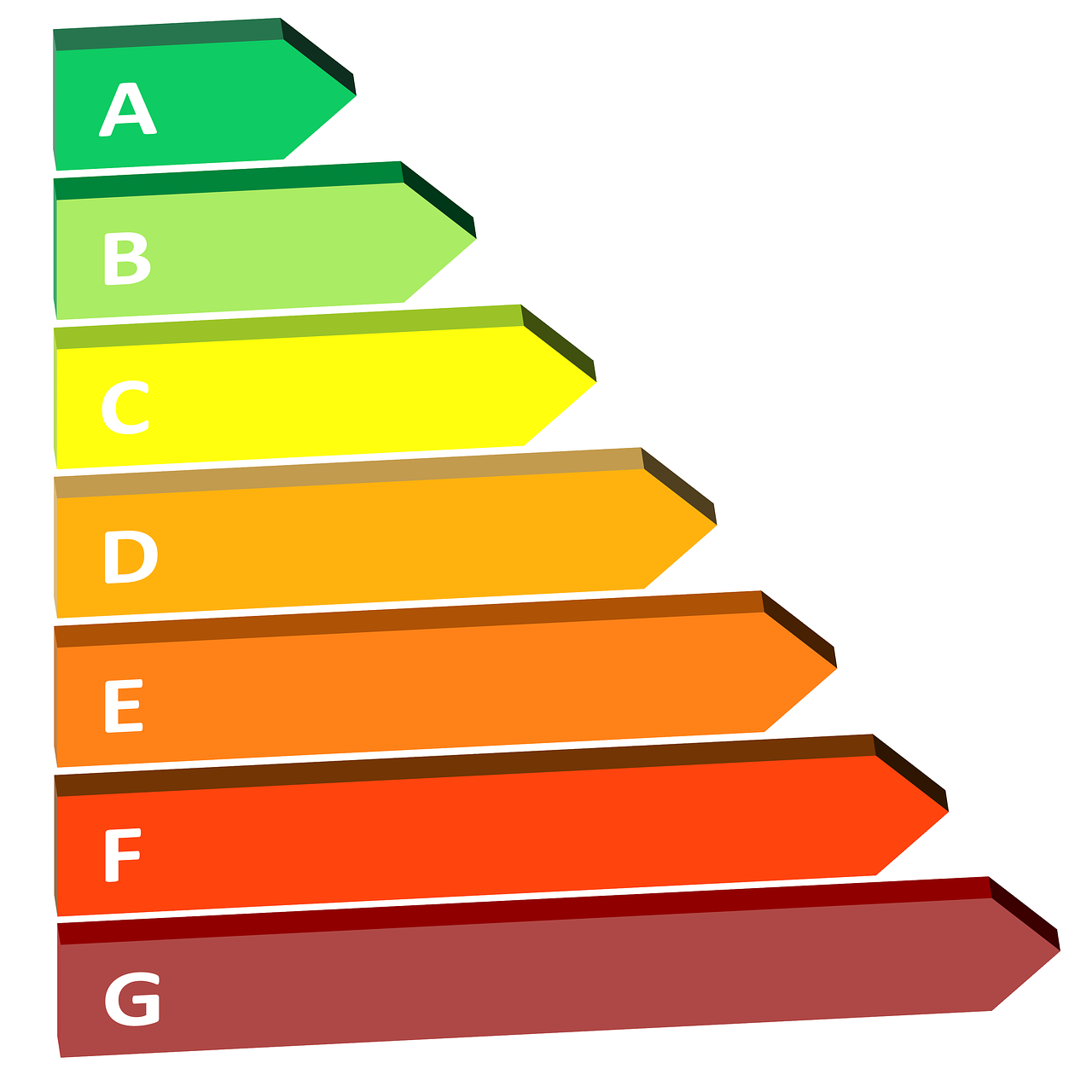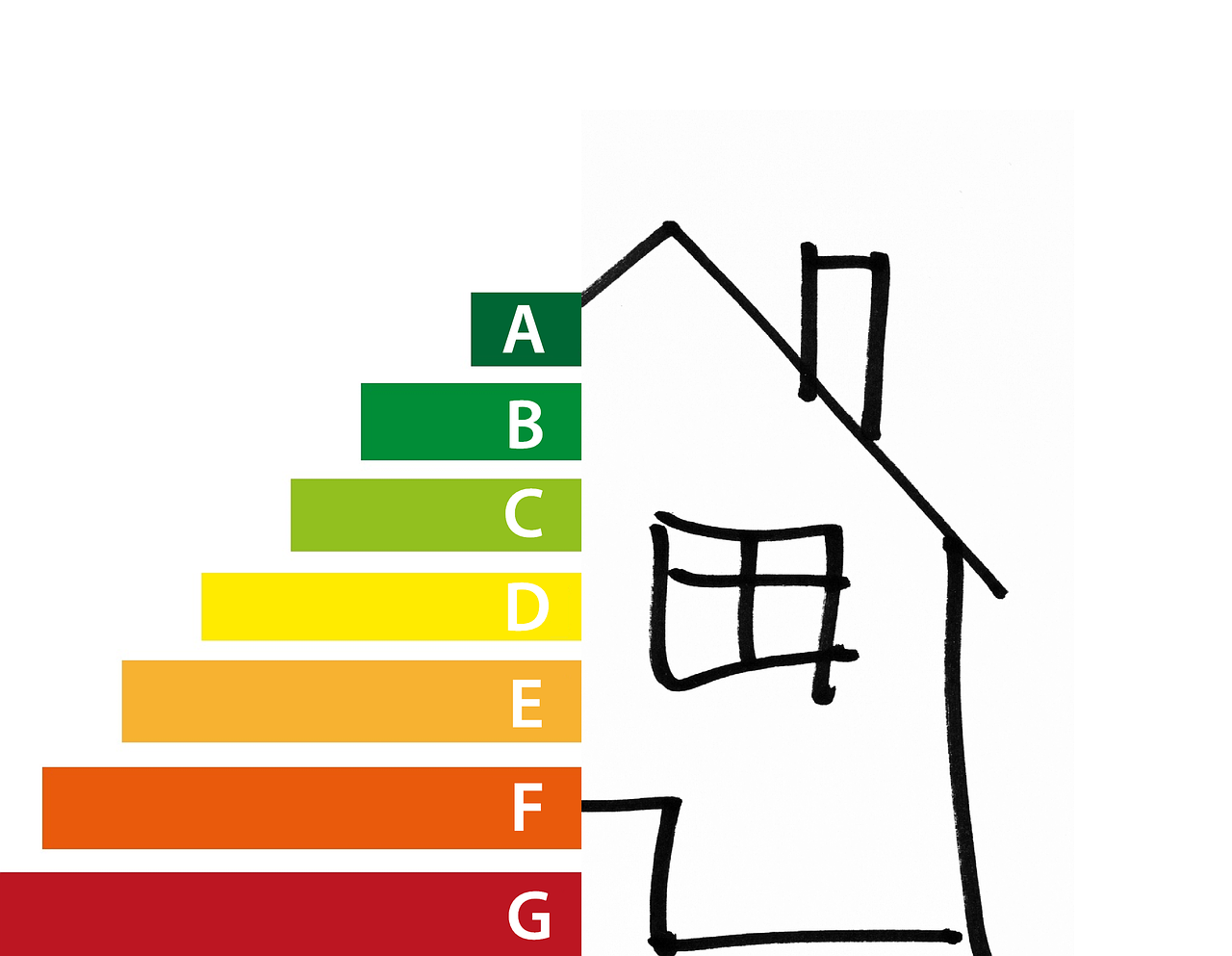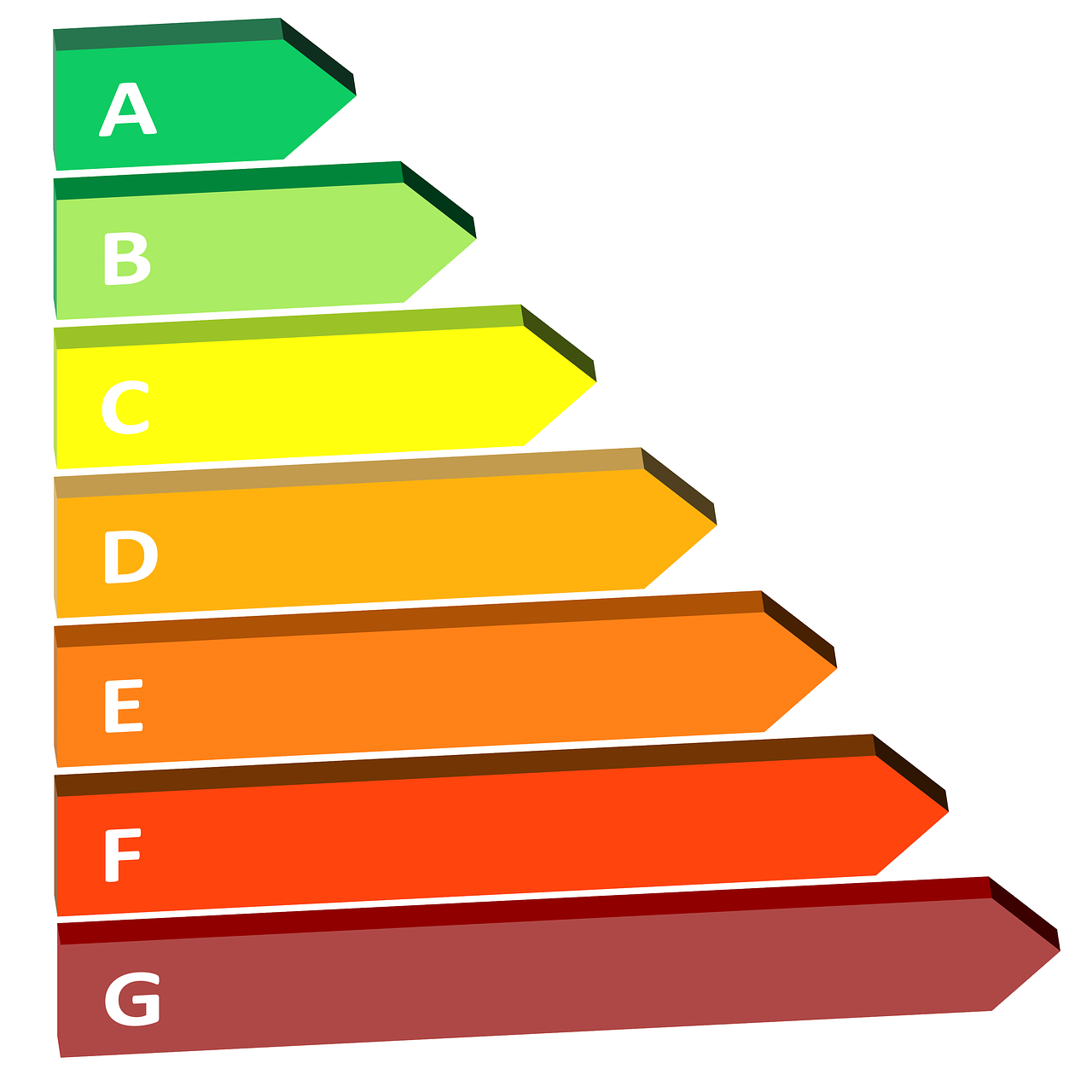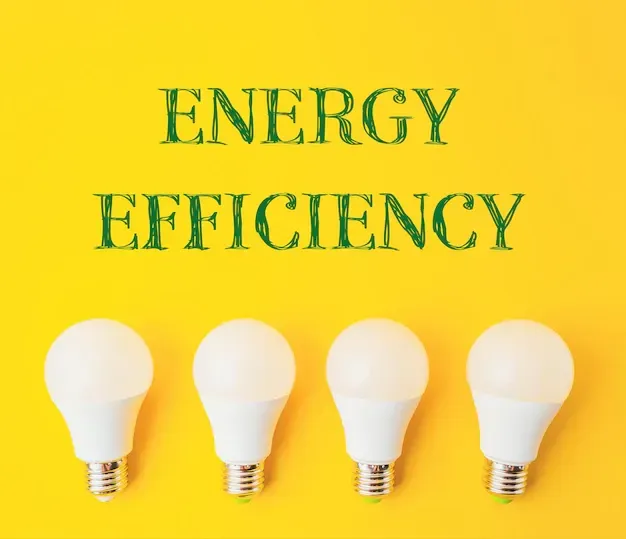Get EPC: A Comprehensive Guide to Understanding Energy Performance Certificates
As an environmentally conscious homeowner, I am always looking for ways to reduce my carbon footprint and save money on my energy bills. One of the most important steps I have taken in this regard is obtaining an Energy Performance Certificate (EPC) for my property. In this comprehensive guide, I will share everything I have learned about EPCs, including their importance, who needs them, how to obtain them, and much more.
Introduction to Energy Performance Certificates (EPC)
An Energy Performance Certificate (EPC) is a document issued to homeowners that provides information about the energy efficiency of their property. The certificate rates your property on a scale from A to G, with A being the most energy-efficient and G being the least. The certificate also contains recommendations for improving the energy efficiency of your property, which can help you save money on your energy bills and reduce your carbon footprint.
Why are EPCs important?
EPCs are important for several reasons. First and foremost, they provide valuable information to homeowners about the energy efficiency of their property. This information can help homeowners identify areas where they can improve the energy efficiency of their home, which can lead to significant cost savings over time.
In addition, EPCs are also an important tool for policymakers and governments. They help to identify areas where energy efficiency improvements are needed and can be used to inform energy policy decisions.
Who needs an EPC?
In the UK, it is a legal requirement for homeowners to obtain an EPC when they sell or rent out their property. This requirement applies to both residential and commercial properties.
If you are a homeowner and you are considering selling or renting out your property, you will need to obtain an EPC before doing so. Failure to obtain an EPC can result in a fine of up to £5,000.
Understanding EPC ratings
EPC ratings are based on a number of factors, including the age and construction of the property, the type of heating system, and the level of insulation. Properties that are more energy-efficient will have higher ratings, while less efficient properties will have lower ratings.
The EPC rating system is designed to be easy to understand. Properties with an A rating are the most energy-efficient, while properties with a G rating are the least efficient. Most properties fall somewhere in between, with ratings ranging from B to E.
How to get an EPC certificate in Cheltenham, Gloucester, Stroud, and Cirencester
If you need an EPC certificate in Cheltenham, Gloucester, Stroud, or Cirencester, the process is relatively straightforward. You will need to find a qualified energy assessor who can carry out an assessment of your property and issue an EPC certificate.
At Walk-UsThrough Ltd, we offer professional and accredited EPC assessments in Cheltenham, Stroud, Cirencester, Dursley, Gloucester, and the surrounding villages. Our assessments are conducted by experienced energy assessors who will provide you with a comprehensive report detailing the energy efficiency of your property and recommendations for improvement.
The EPC register - what it is and how to use it
The EPC register is a public database that contains information about all EPC certificates that have been issued in the UK. The register can be accessed online and is a valuable resource for homeowners, landlords, and policymakers.
If you are a homeowner or landlord, you can use the EPC register to find information about the energy efficiency of your property and to compare your property to others in the area. Policymakers can use the EPC register to identify areas where energy efficiency improvements are needed and to inform energy policy decisions.
EPC exemptions - when are they applicable?
There are certain circumstances where a property may be exempt from the requirement to obtain an EPC. For example, if the property is listed or has a special architectural or historical significance, it may be exempt. Other exemptions may apply if the property is used for certain purposes, such as places of worship or industrial sites.
If you think your property may be exempt from the requirement to obtain an EPC, it is important to seek advice from a qualified energy assessor or a legal professional.
EPC recommendations - how to improve your energy performance
One of the most valuable aspects of an EPC certificate is the recommendations it provides for improving the energy efficiency of your property. These recommendations can range from simple changes, such as replacing light bulbs with energy-efficient alternatives, to more significant improvements, such as installing insulation or upgrading your heating system.
By implementing the recommendations provided in your EPC certificate, you can improve the energy efficiency of your property, reduce your carbon footprint, and save money on your energy bills.
Conclusion - the benefits of getting an EPC
Obtaining an EPC certificate is an important step for homeowners who want to improve the energy efficiency of their property. Not only does it provide valuable information about the energy efficiency of your property, but it also contains recommendations for improving your energy performance.
If you require an EPC and live in Cheltenham, Stroud, Cirencester, Dursley, Gloucester, or any of the surrounding villages, contact us at walk-us-through.com We offer professional and accredited EPC assessments at great value while offering a prompt and efficient service.
By taking steps to improve the energy efficiency of your property, you can reduce your carbon footprint, save money on your energy bills, and contribute to a more sustainable future.
Lee Wells
Walk us through Ltd











